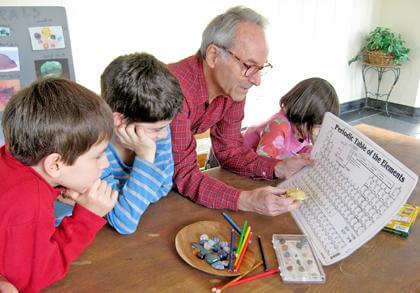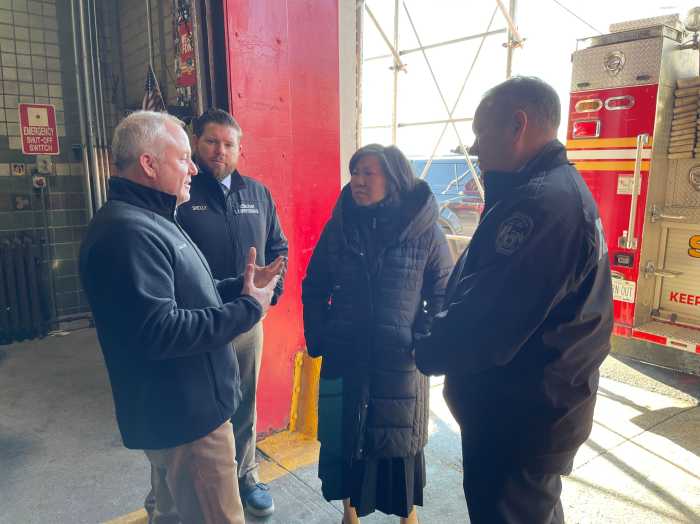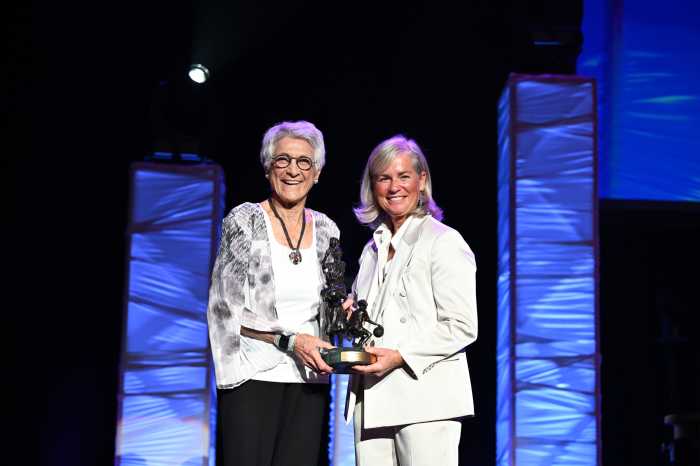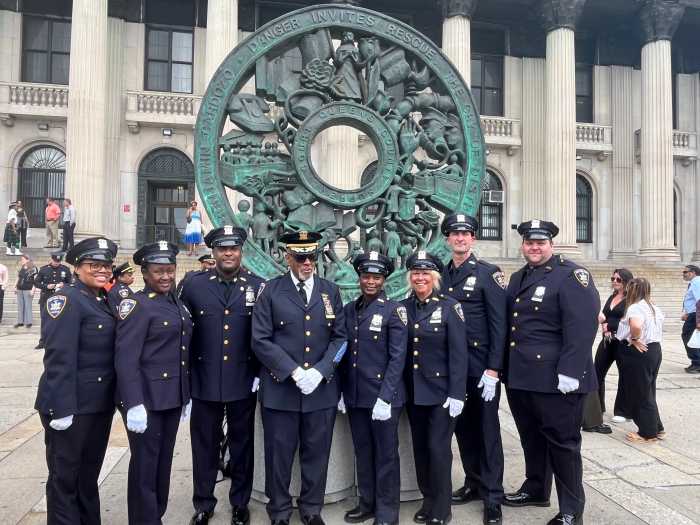By Anna Gustafson
When Forest Hills resident Karyn Slutsky and Manhattan resident Francis Mechner open their alternative school in September, they hope it will be a haven for students who they believe have not reached their potential in mainstream public or private schools.
“We will create a situation in which kids take responsibility for their own learning, in which learning is something they do for themselves instead of something that is done to them,” said Mechner, a psychologist based out of Manhattan.
Mechner and Slutsky’s institution, The Queens Paideia School, will open its doors this fall and will provide an education for about 10 students ages 7 to 12. Slutsky said she and Mechner, who have a son together, have not decided on a location as of yet, but they said the school will likely be situated in western Queens.
The school’s name, Paideia, is inspired by Plato’s term that means the education of the complete citizen — the goal of the institution, Mechner and Slutsky said.
The two had given a lot of thought to opening the school in the past few years, especially since their son, Ben Mechner, 9, began to attend classes.
“I didn’t want to send him to public school because of the emphasis on testing, and I didn’t like the one−size−fits−all mentality in private schools,” Slutsky said.
Eventually, Slutsky and Mechner found enough parents and students interested in attending the alternative school, where Ben will go. They are looking to hire one more teacher.
Instead of basing the school on a grade system, Slutsky said a team including the teacher, student and parents will create an individualized education plan for each pupil based around the student’s interests.
Mechner, who ran a Paideia school in Westchester in the 1960s and ’70s, has an extensive background in educational psychology and was part of the team that created “Sesame Street” decades ago. He received his doctorate in psychology from Columbia University in 1957, taught at Columbia, and now runs The Mechner Foundation, which focuses on education research.
“I think the fact that I’m a psychologist enables me to look at education as the management of a learning process for the individual rather than something that is done on a mass scale in an economically efficient way.” Mechner said.
The school will ultimately cost parents about $10,000 to $15,000 annually, which begs the question if this kind of schooling could ever be available to parents unable to afford it in a mainstream setting.
“I regard this as a demonstration project that like−minded parents and educators can emulate,” Mechner said. “How feasible is its generalizeability? I’m not sure. It depends on having sophisticated, educationally aware parents and teachers who know how to do this and that’s not easy to come by.”
For more information, e−mail Slutsky or Mechner at tqps@earthlink.org.
Reach reporter Anna Gustafson by e−mail at agustafson@timesledger.com or by phone at 718−229−0300, Ext. 174.



































